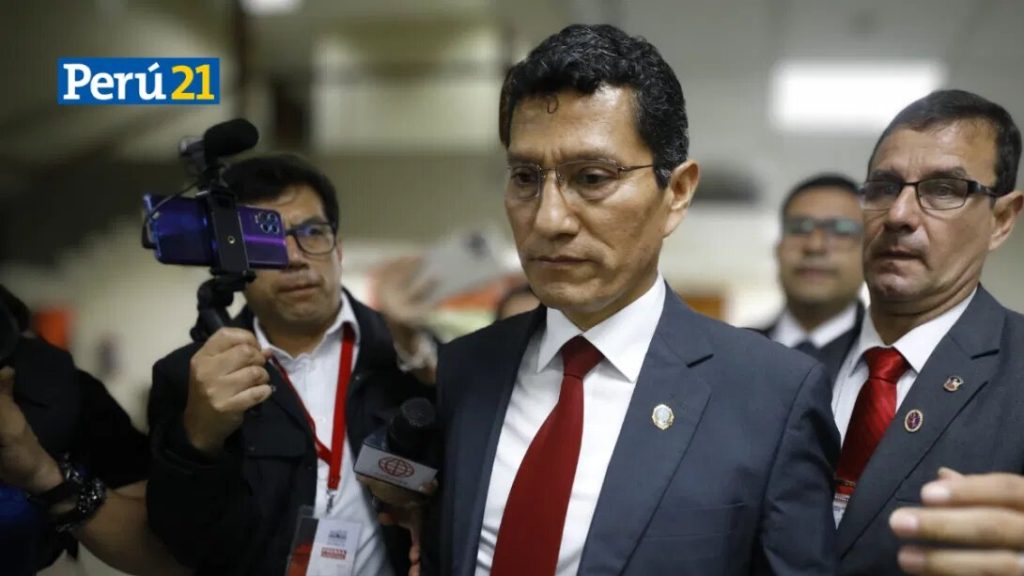“L
as true Reforms depend only to a very small extent on the reworking of laws or even of the Constitution itself. These are only the necessary beginning from which the reform begins. Then comes a rearrangement of the different social forces involved in it that has to generate a consensus for it to be carried out. In other words, it requires intelligently directed political action to bring everyone together to achieve the objectives outlined in the reform. Not everything is therefore a question of changing laws” (Arnaldo Córdova, About the reforms
La Jornada, 21/4/13).
Arnaldo Córdova taught us another way of seeing our history and the nature of political power. This was announced by his early reflections: The formation of political power (1972) and The ideology of the Mexican Revolution (1973) , works in which he rigorously and knowledgeably updates the evolution of the regime that emerged from the armed movement and advances a fundamental critique: the gradual abandonment of social reforms and the conversion of institutions into mere instruments of economic power over the State.
Acute debater, political philosopher, philosophical politician or political scientist –as he liked to call himself–, with studies in philosophy of law, was a great theorist of reformism and the role of reforms as a lever for the participation of the masses and the left in the transformation of the Mexican nation. Arnaldo was one of the important figures, as well as one who was proactive, in the long march undertaken to make Mexico a democratic country.
In conversation with Adolfo (Fito) Sánchez Rebolledo in 1989 he pointed out: “The country has changed a lot (…) 1968 is a starting point, many of the social demands that were expressed at that time continue as drivers of political and social development (…) I think that the Political Reform (…) is the most revolutionary event in Mexican politics in the last 50 years…”. But, at the same time, he was not deceived by the obstacles that could be faced:
“There is a certain, sure possibility (…) of democratising the political regime and political life of Mexico. Of course, this can be frustrated, and on two sides: because the government effectively opposes this democratisation or because the opposition forces, particularly the new forces, the newest in the electoral processes and in the political processes in general, those of the left, do not consolidate themselves as true, authentic national options (…), to the extent that the government opposes democratisation there will be a problem, and democratisation can be frustrated. To the extent that the opposition forces do not consolidate themselves as national options, there will also be a very possible problem and frustration” (Reform and the desire for change
, LinksJune 1989).
Like few others, Arnaldo understood the centrality of ideas and programmatic proclamations for the Revolution, as a historical fact, as the actions of the organized masses had been in the construction of the Mexican State. This discernment constituted – it seems to me – one of his most pertinent contributions to a better understanding of our 20th century, in view of the construction of an inclusive democracy. The sympathy, always difficult, between revolution, organized action of the working masses and reforms, both political and social, continues to be a major key to imagining and making a reformed Mexico a reality.
Arnaldo sought to understand and establish a political interpretation of the armed movement that would reflect the ideas that determined the era and open the avenues for fundamental change for social justice and broad democracy. Contrary to the dominant view, he conceived of the Mexican Revolution more as the result of a long transformation than as the effect of a sudden or unexpected rupture. A political revolution, willing to impose forms of control as a formula for creating the basis for a national consensus expressed in the Constitution of 1917, the first social constitution.
The main achievement of that great movement that defined the Mexican 20th century was the formation of a new state regime of institutions, different from the old Porfirian oligarchic state, in which only the wealthy classes could enter and the rest of society remained excluded. The Mexican revolution was, above all, a political revolution…
(Arnaldo Cordova, Constitution and State in Mexico
, https://ifc.dpz.es/recursos/publicaciones/19/75/15cordova.pdf>).
* Last Wednesday, the 21st, the Institute of Social Research of the National University remembered one of its great teachers: Arnaldo Córdova, 10 years after his death. In this and the next installment I share with the readers of The Day some notes on my participation in this more than deserved tribute.
















